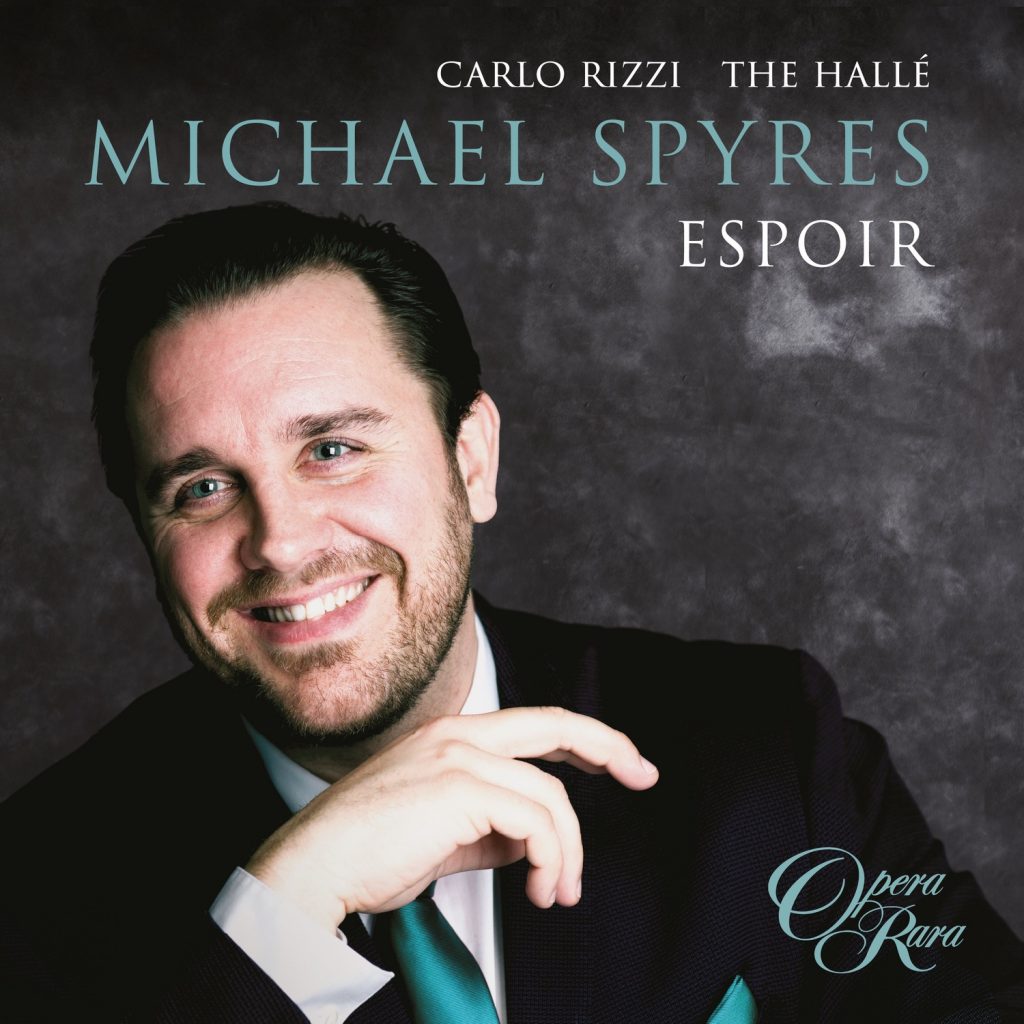
Espoir
Arias sung by Gilbert Duprez
Michael Spyres t, The Hallé, Carlo Rizzi
Opera Rara ORR251
Of the 19th-century singers who created the framework for what we consider the modern tenor voice, three stand out: Adolphe Nourrit (1802-1839), Giovanni Battista Rubini (1794-1854) and Gilbert Duprez (1806-96). Each in his way explored the upper register using varying degrees of chest voice as opposed to the falsetto commonly deployed in the Baroque.
As the instrument developed, so composers wrote increasingly demanding roles for their male stars – Rossini for Rubini, Bellini for Nourrit, and Donizetti for Duprez. Rubini’s membership of the famous ‘Puritani Quartet’ and Nourrit’s grisly end – depressed by his declining career, he leapt to his death from the roof of a Naples hotel – have rather eclipsed Duprez. A pity, as with his chested high Cs in a legendary 1837 performance of Rossini’s Guillaume Tell, he can stake a greater claim to historical importance. But Duprez was more than just your standard ‘park and bark’ tenor
as this fascinating recital by American rising star Michael Spyres goes to prove.
Duprez, in fact, started out singing Almaviva in his native Paris, and that lyricism and flexibility would stay with him, informing his later Italian career and especially the close working and personal friendship the singer formed with Donizetti, a relationship that gave birth to major roles in operas such as Parisina, La Favorite, Les Martyrs, Dom Sébastien and, most famously, Lucia di Lammermoor.
Everything about this recital impresses. Spyres has a full, bright sound with a comfortable extension free from the paint stripper quality of some voices in this repertoire. He’s always in control of the line, able to throttle back to embrace a lyrical phrase or illuminate a line of text in recitative. His top Cs are so effortless, you have to stop and check the note really is that high – try the one that crowns Enrico’s aria from Rosmonda d’Inghilterra.
Furthermore, his chosen programme – from known (if rare) gems like the ringing Venise, ô ma patrie from Rossini’s Otello, Dom Sébastien’s moving Seul sur la terre, and Ange si pur (the French version of Spirto gentil) – through to its climactic Lucia finale contains no duds. The highlight, though, are the excerpts from Halévy’s Guido et Ginévra, the second of which is a duet with the engaging Joyce El-Khoury whose recital celebrating Julie Dorus-Gras mirrors Spyres’ disc. These are real finds, and the first, Quand renaîtra la pâle aurore, deserves to be as popular as the composer’s great Rachel, quand du Seigneur from La Juive.
Beautifully accompanied by a sensitive Carlo Rizzi and the Hallé, the voice is perhaps a little too forward in the mix, but what the hell – it’s a grand voice.











Comments
Log in to join the conversation.